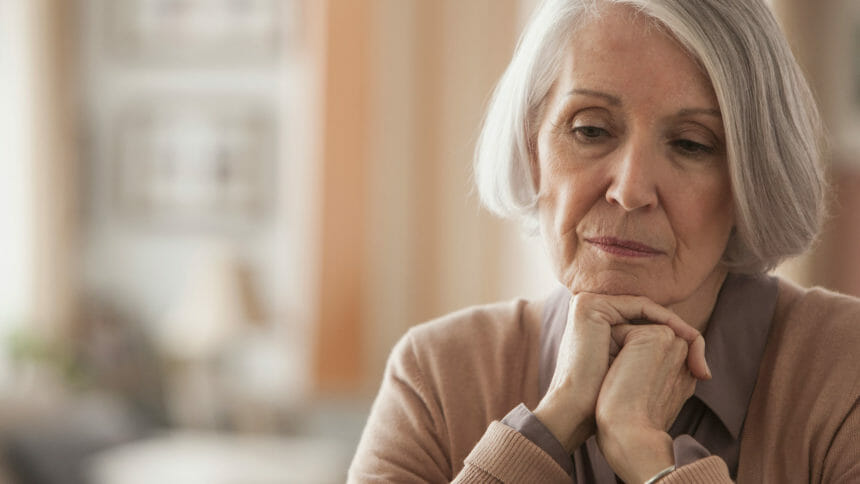
Results of a new poll amplify research that links chronic loneliness and health issues ranging from memory loss to shorter lives, according to those involved.
Researchers from the University of Michigan Institute for Healthcare Policy and Innovation in October asked a nationally representative sample of 2,051 adults aged 50 to 80 about their health, health behaviors and experiences and feelings related to companionship and social isolation.
Twenty-five percent said they felt isolated from other people at least some of the time, and 33% said they lacked regular companionship.
Generally speaking, people who said they had fair or poor physical health, mental health or hearing loss were more likely to report that they felt isolated or lacked companions. Meanwhile, those who said they ate healthful diets, exercised, got enough sleep or didn’t use tobacco were less likely to report feelings of loneliness.
Specifically, the National Poll on Healthy Aging found:
- Living alone was highly associated with feeling lonely; 60% of those who lived alone reported feeling a lack of companionship, and 41% said they felt isolated.
- 26% of adults who said they lacked companionship also said they were in fair or poor physical health, whereas 13% of people who said they hardly ever lacked companionship reported fair or poor physical health.
- Of those who reported feeling isolated, 17% had fair / poor mental health, compared with only 2% of those who hardly ever felt isolated.
- 20% who reported feeling socially isolated said they had fair or poor hearing compared with about 10% of those who said they hardly ever feel isolated.
“As we grow older and mobility or hearing becomes more of a barrier, these poll data show the importance of maintaining and strengthening our ties to other people,” said Preeti Malani, M.D., poll director. “It also suggests that caregivers, spouses and partners, adult children and others involved in older adults’ lives have a role to play in encouraging and facilitating these connections.”
Healthcare professionals, family, friends and neighbors can help identify adults who are experiencing loneliness or could be at risk, the researchers said. They recommend encouraging and supporting meaningful social connections and more frequent interactions through activities to try to mitigate the effects of loneliness and the associated health effects.
The poll was sponsored by AARP and Michigan Medicine.



